Sufism, Culture, and Politics: Afghans and Islam in Medieval North India
Synopsis
Synthesizing current research and using major Persian sources--both printed texts and rare manuscripts--Sufism, Culture, and Politics provides an up-to-date political history of North India under Afghan rulers in the late fifteenth and early sixteenth centuries. Focusing on interconnections between religion and politics, it also raises questions of paramount concern to an understanding of Islam in medieval North India. The book is divided into three sections. The first section explores the Afghan attempts at empire-building under the leadership of Sher Shah Sur. Discussing the incorporation of the Rajputs in the Afghan imperial project, the second part deals with the prevalent ideals and institutions of governance. The last segment investigates the social and political role of the Sufis. Questioning the over-emphasis on the Sultanate and Mughal periods in Indian history writing, Aquil projects a dynamic view of the Afghan period. He argues that the Afghan rulers were celebrated for their welfare works, personal piety, and madad-i-ma'ash grants to holy men. They also drew upon universal tropes of kingship for the articulation of their power rather than merely depending upon tribal lineages and customs. The author also highlights the role of Sufism in the transformation of the Afghan state formations and their contributions to religious syncretism and cultural synthesis. Written in an accessible style, this book will be important for scholars and students of medieval Indian history as well as those interested in Islamic, religious and cultural studies.
Read more
37.80
34.02
$
42.00 $
Free delivery Wolrdwidе in 10-18 days
Ships in 1-2 days from New Delhi
Membership for 1 Year $35.00
Get it now and save 10%
Get it now and save 10%
BECOME A MEMBER

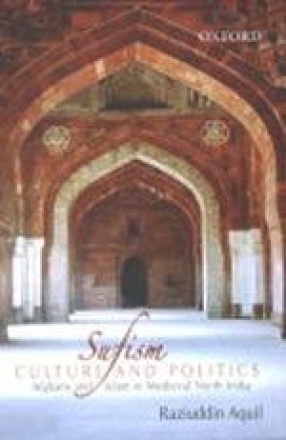

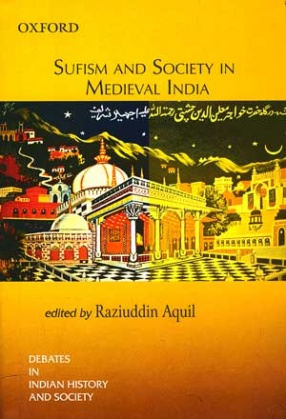
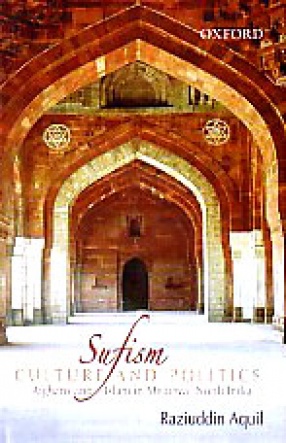
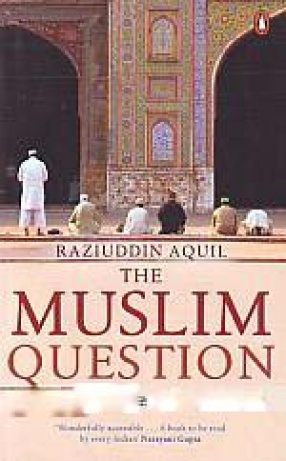
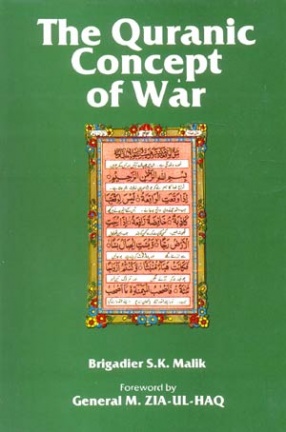
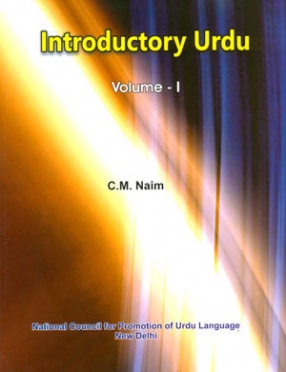

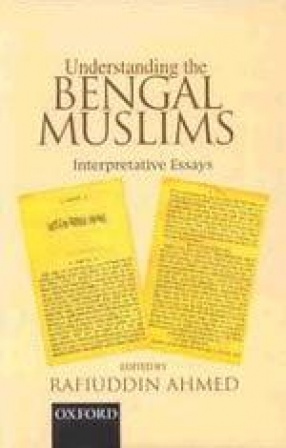

Bibliographic information
Tags